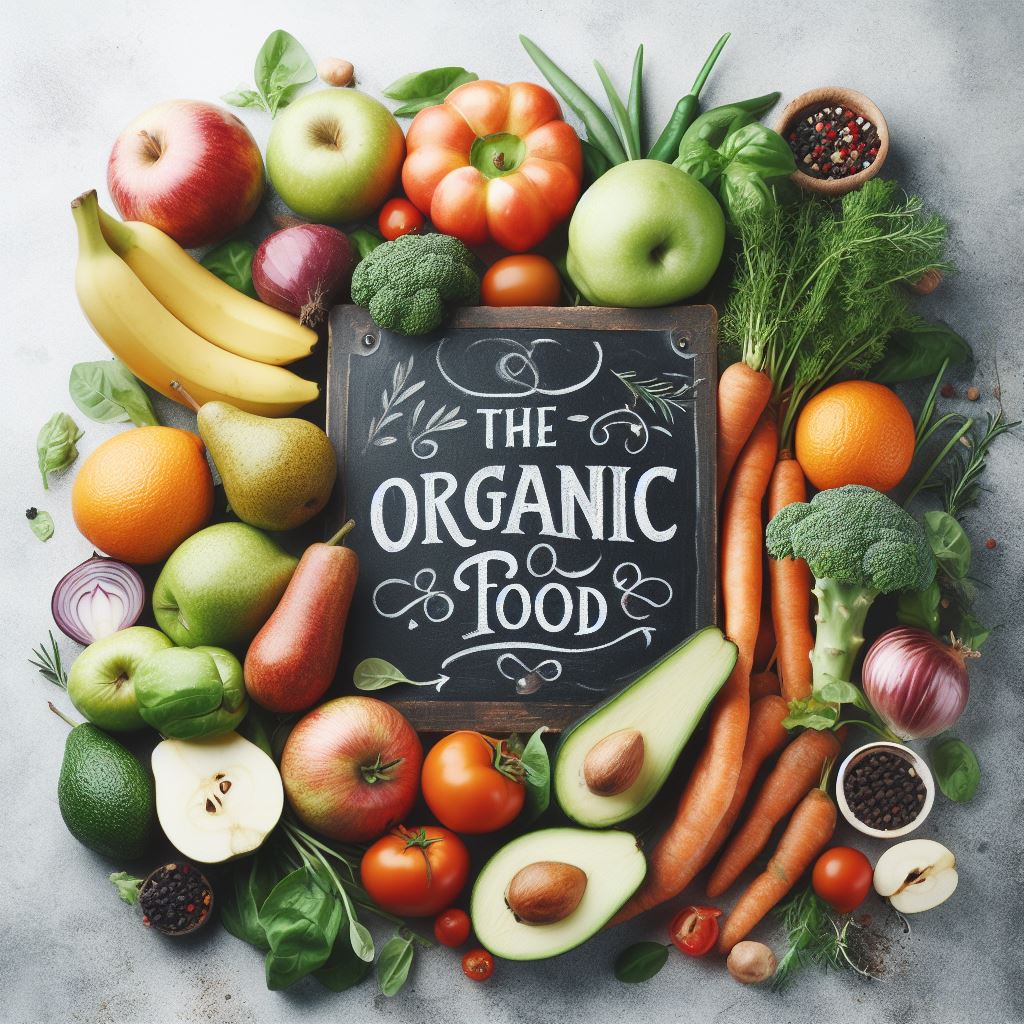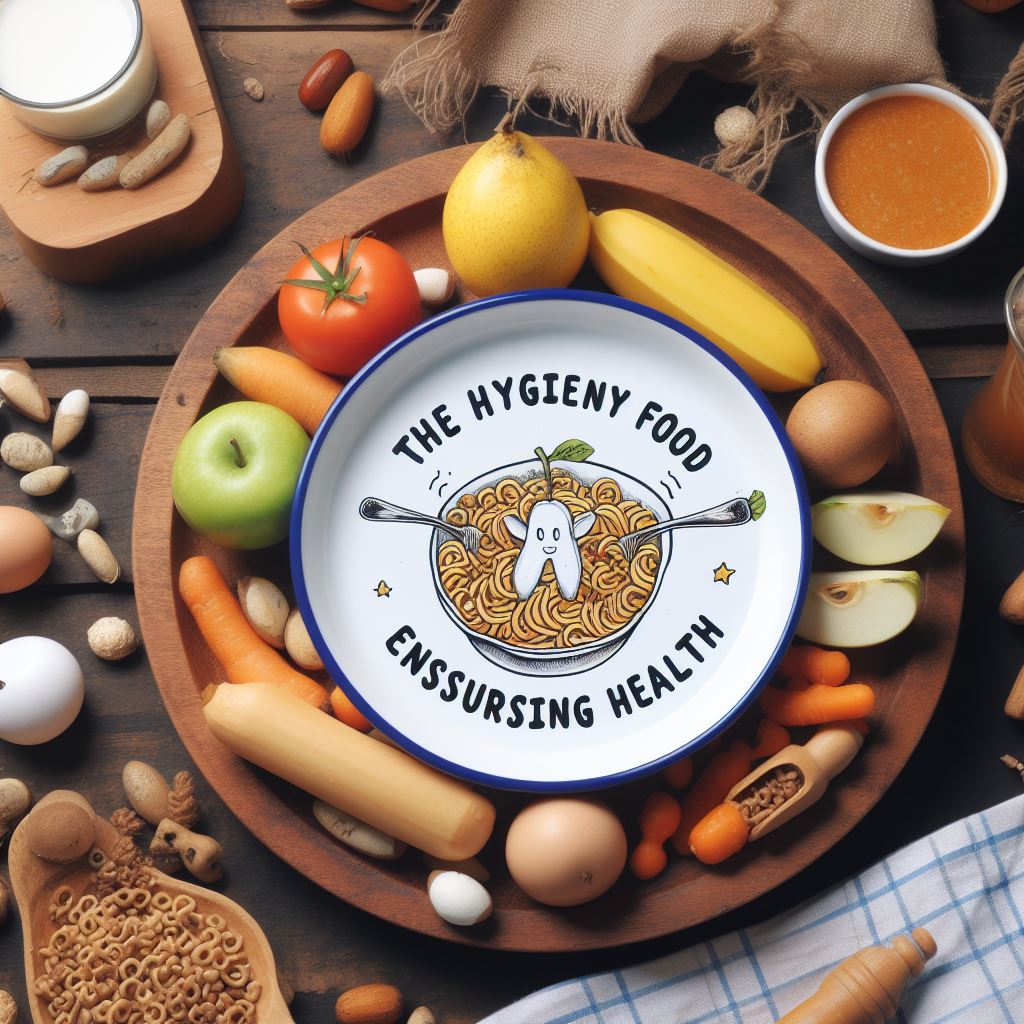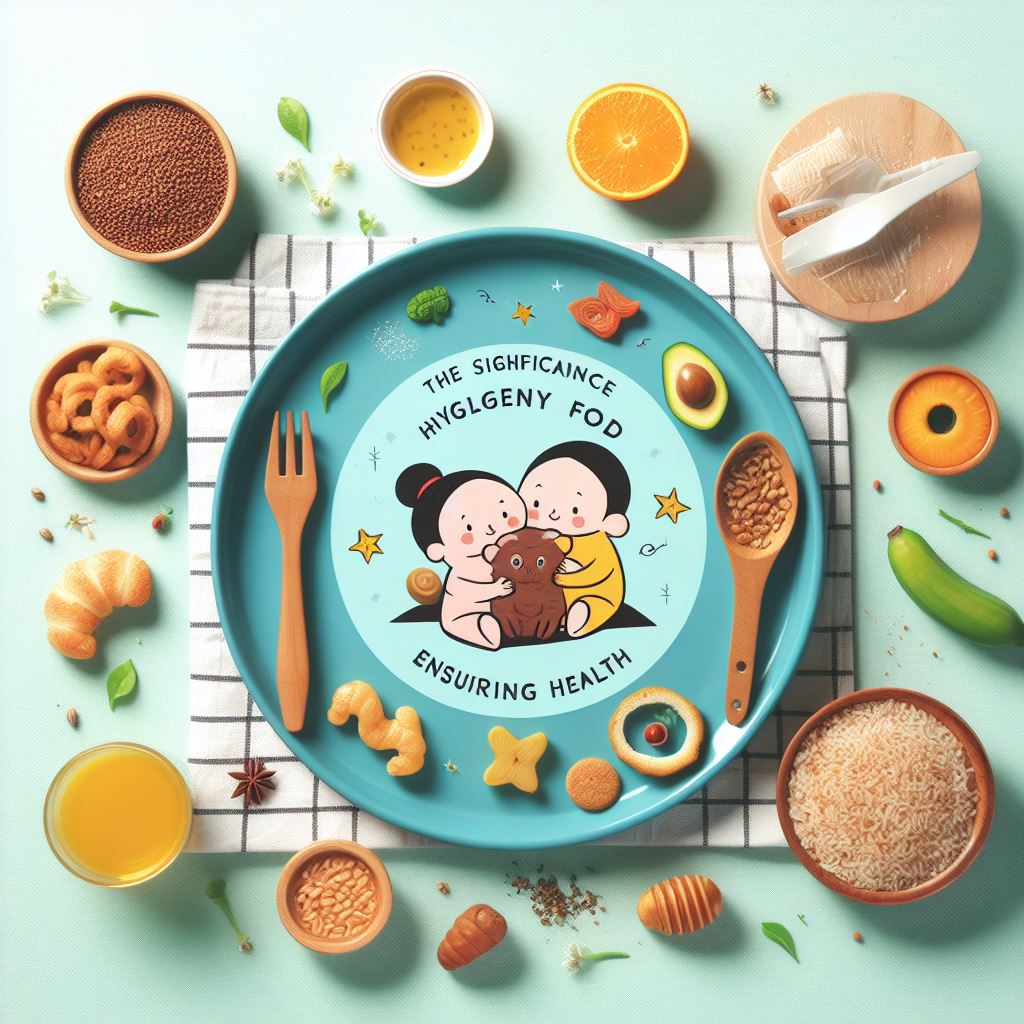Introduction: Understanding the Importance of Hygienic Food
Food is not merely a source of sustenance; it is the fuel that drives our bodies and minds. However, the quality of the food we consume is just as crucial as its quantity. Hygienic food, defined by its adherence to strict sanitary standards, plays a vital role in safeguarding our health and well-being. This article sheds light on the significance of hygienic food and the pivotal role it plays in maintaining a healthy lifestyle.
What Is Hygienic Food? Unveiling the Basics
Maintaining food hygiene involves various practices and precautions to ensure that food remains safe for consumption. It encompasses the entire food production process, from cultivation and processing to packaging and distribution. Hygienic food adheres to stringent guidelines, such as proper handling, storage, and cooking, to prevent contamination and the spread of foodborne illnesses.
The Impact of Unhygienic Practices on Public Health
Neglecting food hygiene can lead to severe consequences, triggering widespread health concerns. Contaminated food can be a breeding ground for harmful bacteria, viruses, and parasites, posing a significant threat to public health. Instances of food poisoning, gastrointestinal infections, and other food-related illnesses can result from the consumption of unhygienic food, causing detrimental effects on individuals and communities alike.
Ensuring Hygienic Standards: A Collective Responsibility
Maintaining the standards of hygienic food isn’t the sole responsibility of food producers and manufacturers. Consumers also play a pivotal role in upholding these standards by being conscious of their food choices, handling practices, and cooking methods. By embracing a proactive approach to food hygiene, individuals contribute to a safer and healthier food ecosystem.



The Role of Hygienic Food in Preventing Foodborne Diseases
Hygienic food practices act as a powerful shield against foodborne diseases, significantly reducing the risks of contamination and illness. By adhering to proper hygiene protocols during food production and preparation, the likelihood of food contamination decreases, ensuring that consumers are safeguarded against the dangers of consuming contaminated or spoiled food.
Emphasizing Proper Storage and Preservation Techniques
Storing food in appropriate conditions is paramount in preserving its quality and preventing the growth of harmful pathogens. From refrigeration to airtight packaging, the implementation of effective storage and preservation techniques serves as a fundamental aspect of ensuring that food remains safe and free from contamination.
Implementing Stringent Quality Control Measures
Stringent quality control measures act as a bulwark against potential contamination throughout the food supply chain. Regular inspections, audits, and compliance checks within the food industry guarantee that hygiene standards are consistently met, thereby fostering a culture of accountability and safety within the food production and distribution network.
Cultivating a Hygienic Food Culture: Promoting Health and Wellness
Promoting hygienic food practices fosters a culture of wellness and vitality, emphasizing the significance of consuming safe and nutritious food for overall well-being. By cultivating a heightened awareness of the importance of hygienic food, individuals are empowered to make informed decisions that prioritize their health and that of their communities.
Educational Initiatives for Enhanced Food Hygiene Awareness
Educational programs and initiatives play a pivotal role in raising awareness about the significance of hygienic food practices. By disseminating knowledge about proper food handling, storage, and cooking techniques, these initiatives equip individuals with the necessary tools to make informed choices that promote a healthier and more sustainable lifestyle.
Building Sustainable Food Systems: A Holistic Approach
Incorporating hygienic practices within the framework of sustainable food systems not only ensures food safety but also contributes to the preservation of the environment. By promoting eco-friendly cultivation methods and reducing food wastage, individuals can actively participate in building a more sustainable and resilient food ecosystem that prioritizes both human and environmental well-being.
Conclusion: Prioritizing Hygienic Food for a Healthier Future
The importance of hygienic food cannot be overstated. By acknowledging the significance of maintaining rigorous hygiene standards throughout the food production and consumption process, individuals can contribute to building a healthier and more secure future for themselves and their communities. Cultivating a culture that values the integrity and safety of food is instrumental in fostering a society that thrives on wellness and vitality.
FAQs about Hygienic Food
1. Why is it essential to wash fruits and vegetables before consumption?
Regularly washing fruits and vegetables helps eliminate harmful pesticides and bacteria that may be present on their surfaces, ensuring safer consumption.
2. How does food hygiene impact food sustainability?
By prioritizing food hygiene, we reduce food wastage and promote sustainable practices that contribute to the preservation of natural resources and ecosystems.
3. What are some common symptoms of foodborne illnesses?
Symptoms of foodborne illnesses include nausea, vomiting, diarrhea, abdominal pain, and fever, among others.
4. How can individuals contribute to promoting hygienic food practices?
Individuals can contribute by following proper food handling procedures, supporting local and organic food producers, and staying informed about food safety guidelines.
5. What measures can restaurants take to ensure the hygienic preparation of food?
Restaurants can implement strict sanitation protocols, conduct regular staff training on food handling, and maintain a clean and organized kitchen environment to ensure the hygienic preparation of food.
